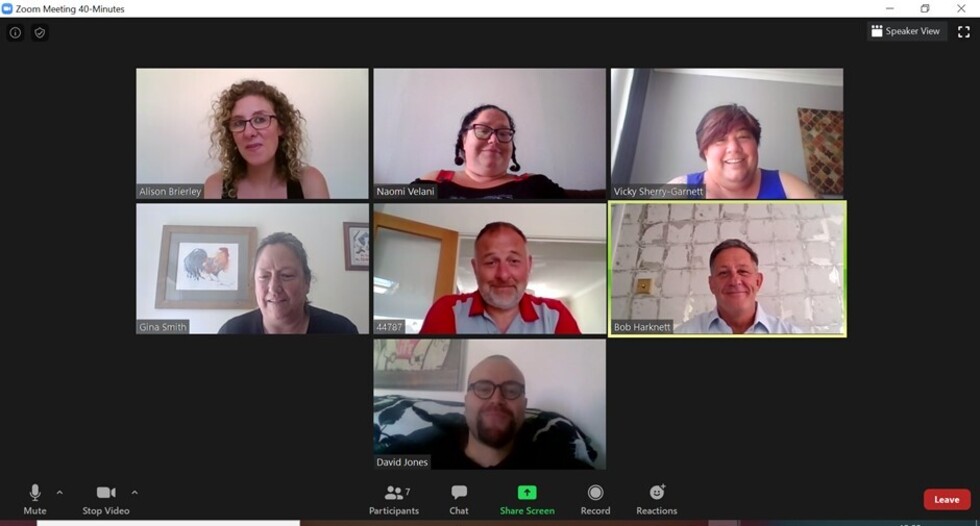End Point Assessment - What is it?
EPA or End Point Assessment is the final stage of an apprenticeship and is officially classed as a showcase of what you have learnt over the course of your apprenticeship. It will involve many different parts, such as a presentation, witness testimonies from peers or customers, as well as a professional discussion. Prior to COVID there would also be observations too, but these are not temporarily used, due to obvious reasons.
The first area I will touch on are the witness testimonies. These are recording of real-life situations of your using your new leant skills to complete tasks or to help customers. They must be accounted by peers or customers to act as proof of your development. An example of a witness testimony could be a peers account of how you aided a customer. One such example could be a customer service apprentice, like myself, dealing with a call from a customer asking for certificates. The apprentice would then have to use behaviours, skills and knowledge they have learnt to resolve the situation, this would all be written down by the peer, listing your skills and knowledge used to aid the customer with their request.
Another aspect of EPA is the presentation which is something you do yourself. The best way to describe it is taking all of the information from your coursework units and assignments, a well as some personal experiences, and putting it all into a shortened yet still heavily informative document. The presentation will have a criteria in the form of a set of standards, these will tell you specifically what to include, you just need to formulate it into a context that shows off your knowledge, skills learnt, and your application of those skills into a real-life working context.
Another part of the EPA is the professional discussion. This part is fairly straight forward, but is the hardest part to complete, as it involves revision. Your professional discussion will involve questions asked to you by an examiner, and your answers will mostly be already mentioned in your presentation and witness testimonies, you just have to remember them. Some questions could also test your overall understanding of your award, doing into some extra detail or a different perspective.
It is always good to practice and do some mock runs of the discussion, because like with all tests and exams, pressure and exam conditions definitely play a part in your ability to remember and recall information.
If I had to give one piece of advice to anyone who is planning on competing an EPA, it would be to keep record of any significant experiences that occur on your off the job training. Because in the EPA you end up searching for experiences you had that showcase your skills, so recording these before the EPA will just save time for you in the long run.
Aarons next blog will be on how he feels completing an apprenticeship, his thoughts and what’s next!!

